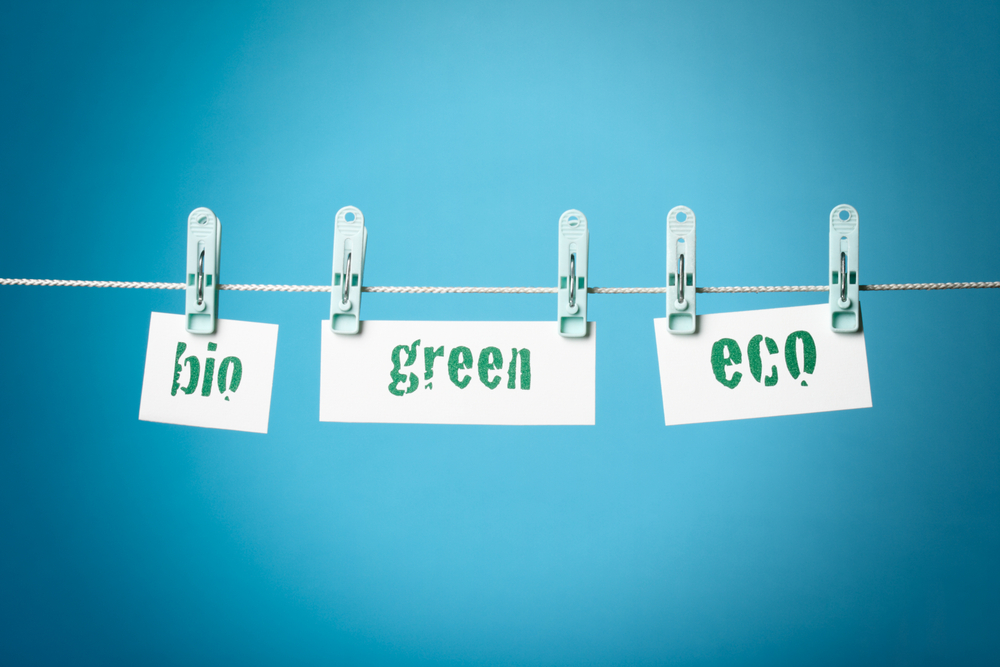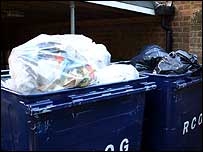 SC Johnson, maker of Windex, might have tossed the proverbial straw that broke the camel’s back in relation to greenwashing. SC Johnson was sued by consumer activists over their “Green List” label, which they placed on products that had no verifiable sustainability credentials. Trouble was, it looked like a 3rd party, independent label that *did* verify products as being, in some way, greener than other alternatives. The label, though, was SC Johnson’s own invention, and didn’t stand for anything.
SC Johnson, maker of Windex, might have tossed the proverbial straw that broke the camel’s back in relation to greenwashing. SC Johnson was sued by consumer activists over their “Green List” label, which they placed on products that had no verifiable sustainability credentials. Trouble was, it looked like a 3rd party, independent label that *did* verify products as being, in some way, greener than other alternatives. The label, though, was SC Johnson’s own invention, and didn’t stand for anything.
It might have been the clearest and most egregious incidence of greenwashing, defined as “marketing that makes a product appear to have some sustainability credentials, but which lacks verifiable standards or legitimacy to back the claim” (from the green glossary on GreenBusinessOwner.com). But it certainly was not the only incidence.
According to a study conducted by Terrachoice in 2010, 95% of products committed greenwashing, and there was a 73% increase in the number of items sold by retailers with green claims. But in a 2004 “Voice of the Leaders” report cited in The Sustainability Advantage (by Bob Willard), 69% of customers responded to a survey by saying that they had “punished” a brand that they felt misled them on green marketing claims.
Why would companies take a risk on such misleading marketing behavior? In short–it works, at least temporarily. The same Terrachoice study found 51% of consumers would choose a product with an eco-label over one that said natural (30%) or one with just a pretty picture of a natural setting (19%).

The need for some sort of standard or regulation of the green marketing industry is clear. The USDA Organic label, for instance, guarantees a consumer that the product they’re buying is not genetically modified, and was grown/made without the application of petrochemical fertilizers or pesticides. A product that claims it is “natural” means absolutely nothing. This here? This is a natural blog post. Yeah, that’s right.
But the Federal Trade Commission has updated its green marketing guidelines. Among the new guidelines:
- Clarity in intent, including, “any qualifications or disclosures such as those described in these guides should be sufficiently clear, prominent and understandable to prevent deception”, meaning that vague claims, or SC Johnson’s complete lack of justification are not allowed.
- Mitigating effects that limit the claim will no longer be allowed. For instance, if a juice box claims that it is “biodegradable” because the paper exterior is biodegradable, but has several substantial elements (foil lids, plastic spouts, etc.) that are not, then the claim would be misleading.
- “An environmental marketing claim should not be presented in a manner that overstates the environmental attribute or benefit, expressly or by implication.” Thus, a paper bag that labels itself as “Reusable” is, while technically true, also misleading in that, for all intents and purposes, that bag was not made to be reused like a cloth bag is.


